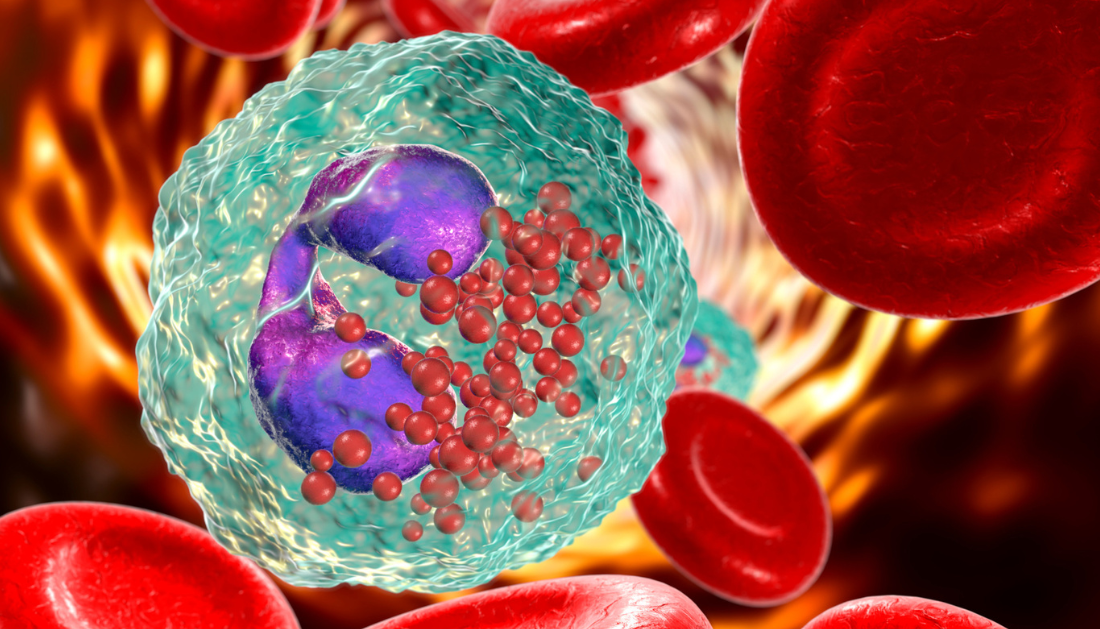

Researchers double chemotherapy effectiveness through chromatin reprogramming
In a recent breakthrough published in PNAS, scientists from Northwestern University have identified a mechanism to enhance the effectiveness of chemotherapy by targeting the memory of cancer cells. This memory, embedded within chromatin structures, enables cancer cells to “remember” previous drug exposures and adjust their resistance accordingly. By disrupting these chromatin packing domains, researchers have demonstrated a significant improvement in therapeutic response.
Explore all Oncology CME/CE Conferences 2025
Using a combination therapy of paclitaxel and celecoxib, the team successfully interfered with transcriptional memory in ovarian cancer models. Unlike traditional methods that target genetic mutations, this new approach intervenes at the epigenetic level, reshaping chromatin conformation and impairing the self-learning capabilities of cancer cells.
Implications for chemotherapy resistance and tumor growth
This study highlights a major clinical concern: chemotherapy resistance. Tumors often become less responsive to treatment over time due to adaptive epigenetic regulation. Researchers found that cancer cell memory is encoded through physical changes in chromatin architecture rather than permanent genetic alterations. By reprogramming chromatin and disrupting gene expression memory, the team significantly reduced tumor growth in a mouse model.
“Several drugs, including celecoxib, can regulate chromatin and repress plasticity. With this approach, we can now design strategies that synergize with chemotherapy or other existing therapies. The important finding is the concept itself. This particular drug just proves the point.”
- Vadim Backman, Northwestern University
Notably, the combination therapy used did not exceed standard clinical doses, minimizing potential treatment side effects while maintaining efficacy. This finding opens new doors for the development of epigenetic therapy regimens that can synergize with current protocols in oncology without increasing toxicity.
What does this mean for healthcare professionals?
For oncologists and researchers, understanding 3D genome architecture and chromatin reprogramming provides new insights into drug resistance mechanisms. This study reinforces the need to shift attention from purely genetic to physical genomic changes, particularly in hard-to-treat cancers such as ovarian carcinoma.
The findings represent a crucial pivot toward personalized cancer therapy guided by chromatin-based biomarkers and epigenetic patterns. As treatment strategies become more precise, addressing cancer adaptation through chromatin modulation could soon become standard in resistant tumor cases.
For More Information:
Frederick, J., et al. (2025). Leveraging chromatin packing domains to target chemoevasion in vivo. Proceedings of the National Academy of Sciences. doi.org/10.1073/pnas.2425319122.
more recommended stories
 Breast Cancer Prognosis Linked to High-Fat Diet
Breast Cancer Prognosis Linked to High-Fat DietKey Points A high-fat diet accelerated.
 CTNNB1 Syndrome Study Explores Beta-Catenin Defects
CTNNB1 Syndrome Study Explores Beta-Catenin DefectsKey Takeaways Researchers in Spain are.
 Advanced Prostate Cancer and Serial ctDNA Analysis
Advanced Prostate Cancer and Serial ctDNA AnalysisKey Takeaways Serial liquid biopsies using.
 Tuberculosis Breakthrough with Experimental Antibiotics
Tuberculosis Breakthrough with Experimental AntibioticsKey Takeaways Experimental antibiotics disrupt a.
 National Healthy Longevity Trial Receives Federal Support
National Healthy Longevity Trial Receives Federal SupportKey Summary Up to $38 million.
 Red Blood Cells Improve Glucose Tolerance Under Hypoxia
Red Blood Cells Improve Glucose Tolerance Under HypoxiaKey Takeaways for Clinicians Chronic hypoxia.
 Nanoplastics in Brain Tissue and Neurological Risk
Nanoplastics in Brain Tissue and Neurological RiskKey Takeaways for HCPs Nanoplastics are.
 AI Predicts Chronic GVHD Risk After Stem Cell Transplant
AI Predicts Chronic GVHD Risk After Stem Cell TransplantKey Takeaways A new AI-driven tool,.
 Red Meat Consumption Linked to Higher Diabetes Odds
Red Meat Consumption Linked to Higher Diabetes OddsKey Takeaways Higher intake of total,.
 Pediatric Crohn’s Disease Microbial Signature Identified
Pediatric Crohn’s Disease Microbial Signature IdentifiedKey Points at a Glance NYU.

Leave a Comment